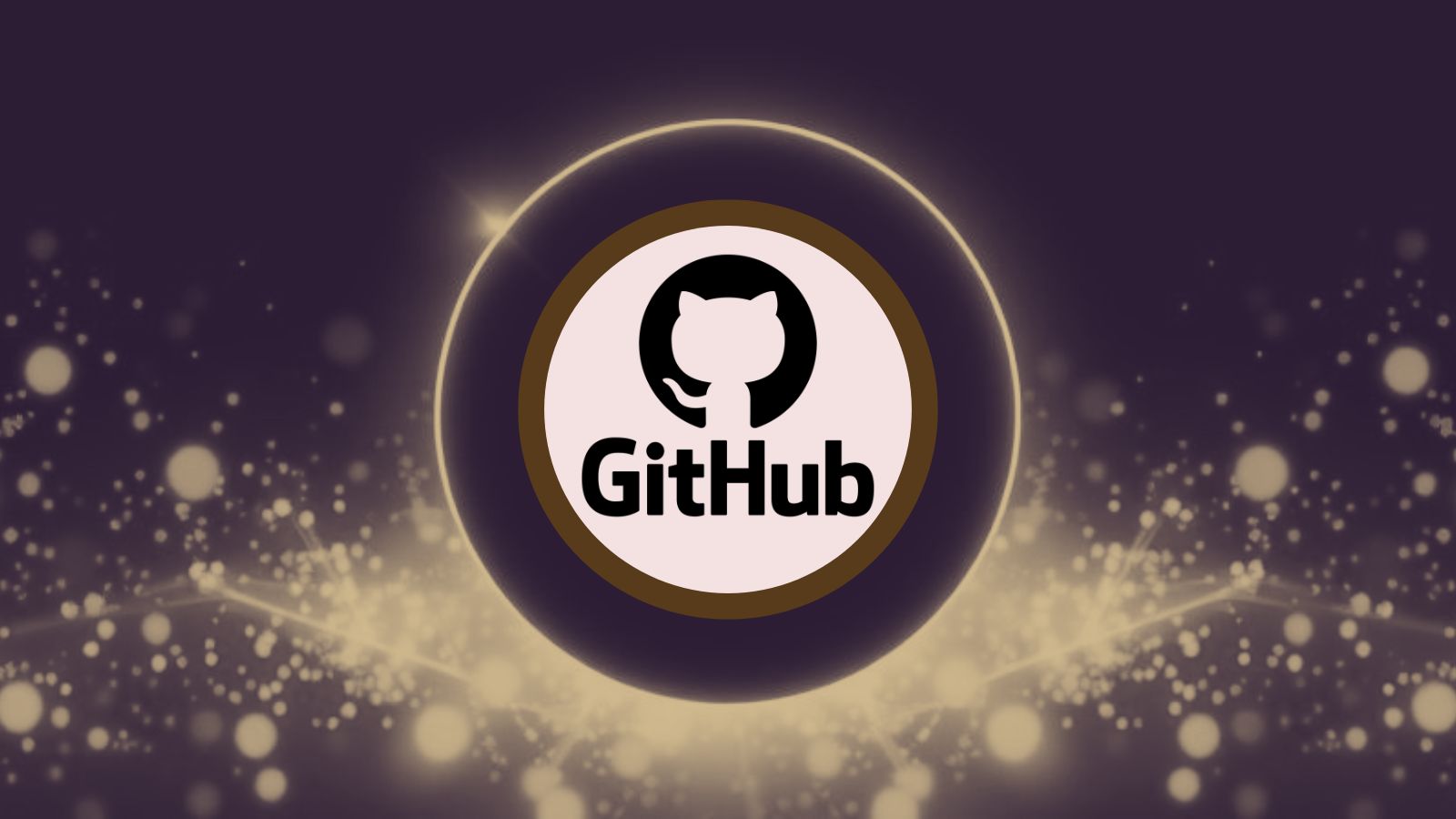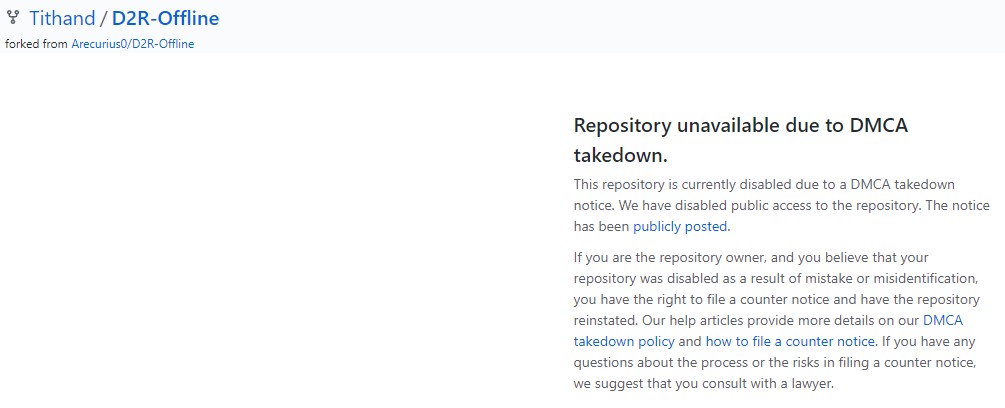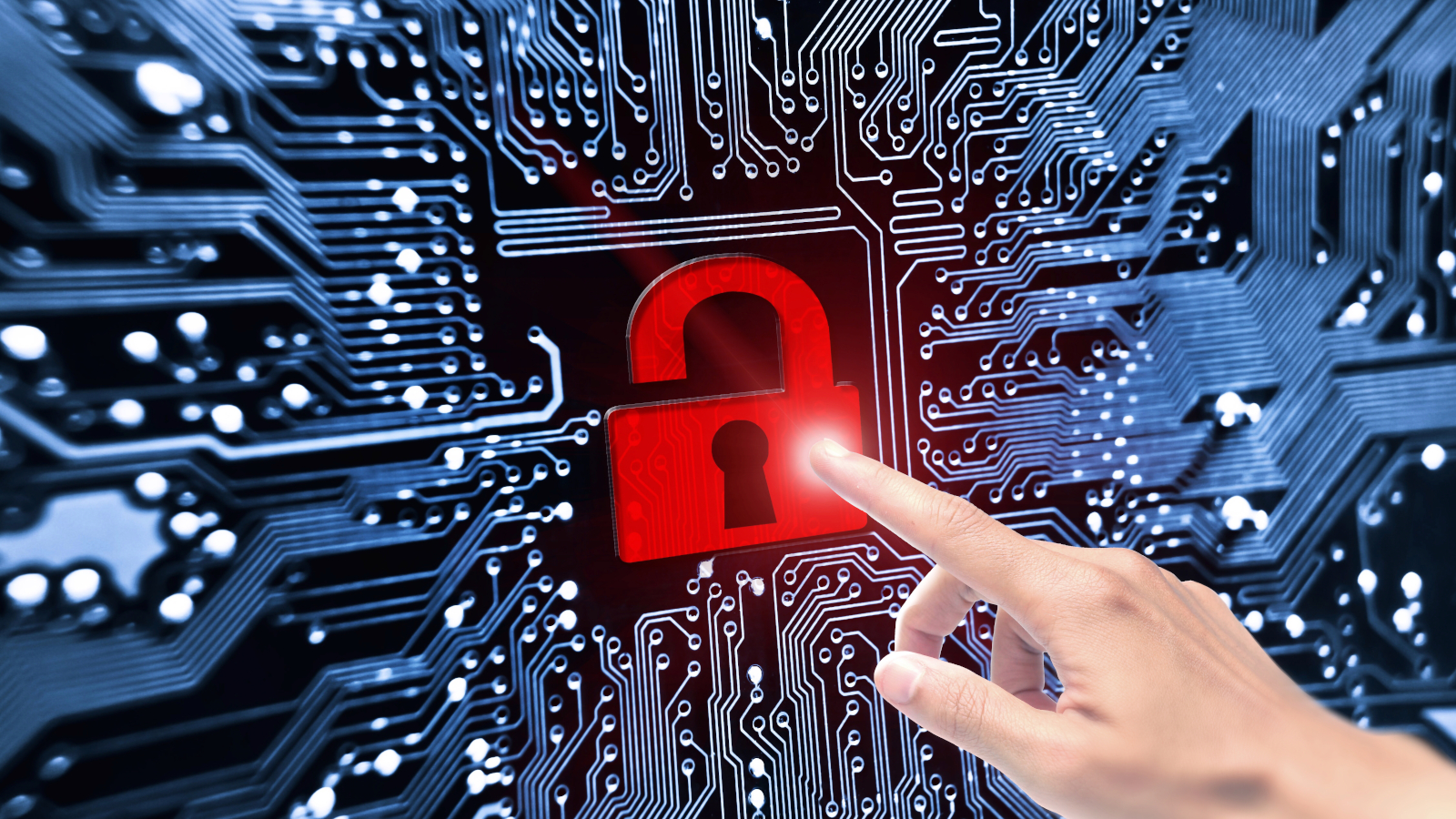
Blizzard Entertainment Goes Against the Circulation of ‘Diablo II: Resurrected’ Offline Patches
- Blizzard has sent a DMCA takedown notice to GitHub, asking for the removal of several repositories that share a Diablo patch.
- The tools enable users to bypass the game’s anti-cheat system and play ‘Diablo II: Resurrected’ offline.
- The same software is circulating elsewhere on the net, so it’s unknown if Blizzard will target more platforms.
‘Blizzard Entertainment,’ the maker of Diablo, is taking an aggressive stance against authors and disseminators of patches that enable users to play ‘Diablo II: Resurrected’ offline. This is a remastered title that is to be released later in the year, but a preview came out in April, which was only playable online. Naturally, fans of the franchise were desperate for an offline version, and it wasn’t long before hackers managed to offer that. The original author received a cease and desist order, but forks of the patch continued to circulate and get reuploaded on platforms like GitHub.
Following the YouTube-DL community backlash from last November, GitHub was tried to maintain a more neutral stance when it received the DMCA takedown notice from Blizzard. As such, the platform offered to connect the users of some of the targeted repositories to legal resources if they wished to object to the removal of the code, but there’s nothing on that part yet.
It seems unlikely that anyone will find the strength to go against Blizzard on this one, as the patch bypasses the game’s anti-cheat system, so there’s no excuse. Right now, all of the reported repositories have been taken down.
Of course, one can characterize this effort as futile because the same offline play patches are available elsewhere. Some of these places wouldn’t respond to any DMCA notices, others are p2p networks, and others aren’t even in the clearnet. By taking GitHub repos offline, Blizzard certainly cuts off a portion of users from accessing the patches. Still, most of them are determined enough to search and find them elsewhere anyway. Up to what point Blizzard is willing or planning to go after these uploads remains to be seen.
We would advise you to avoid downloading executables like game patches from obscure sources, as these could very easily be malware. Malicious actors know what people are looking for and simply adjust their themes and promises. No game is worth the trouble you may get into by downloading a nasty file. If you insist on doing so, at least scan the downloaded file with an up-to-date AV tool before executing it on your system.










